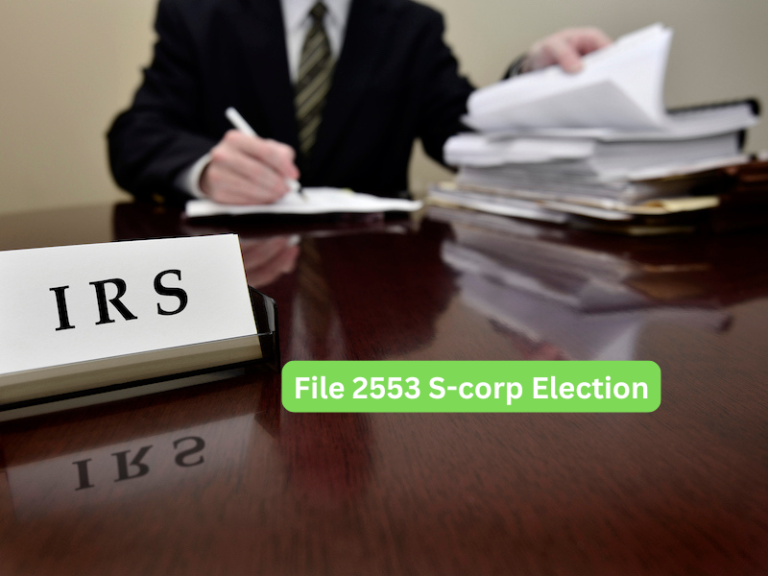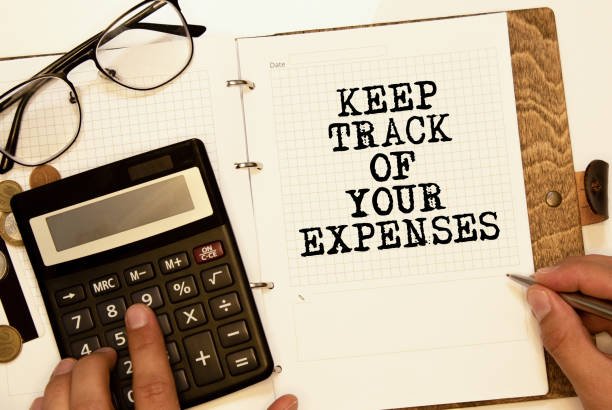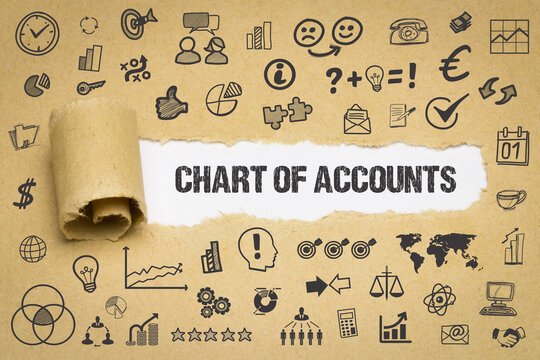Selling A Rental House

USA Capital Gains Tax on Selling a Rental House In 2025
Capital gains tax is one of the big tax issues you will face if you decide to sell a rental house, but the good news is that selling a rental house can also be financially beneficial and profit-generating, especially for the year 2025. We all know we have to pay capital gains tax, so if you are planning on selling a rental house in the USA in 2025, then when to apply capital gains tax and the capital gains tax strategies to use are essential to understand. From how capital gains tax is calculated, potential exemptions, right through to legal ways to minimize your tax bill, the following guide details everything you need to know about capital gains tax when you sell your property.
What Are Capital Gains on a Rental House?
A capital gain is the amount by which the sale price received from selling a property exceeds the purchase price paid. In the USA, the difference between sale price and your basis (after allowable expenses) is considered a capital gain when you sell a rental house. The IRS classifies rental properties more as investments, so gain is taxed at capital gains rates. For example:
- Short-Term Capital Gains
Gains from the sale of property you have owned for less than a year are taxed as ordinary income and, thus, may be taxed at a higher rate.
- Long-Term Capital Gains
If you have held the rental home for more than 12 months, your gain is taxed at the long-term capital gains rate, generally 15% to 20% based on your income tax bracket.
How do you calculate capital gains if you sell a rental house?
To work out capital gains on your rental house, you need to figure out your adjusted basis. Here’s how to get started:
- Set the Sale Price — this is the final price you receive from the buyer.
- Adjusted Basis: This is the purchase price plus any major renovations minus depreciation taken over the past years.
- Selling Charges: Just like in capital property, selling expenses are deductible from your gain, thus lowering your taxable gain.
Example Calculation
For example, suppose you purchased a rental property for $250,000, invested $30,000 in improvements, and depreciated $40,000. Now, if you decide to sell the property for $400,000, your capital gains would look like this:
- Sale Price: $400,000
- Adjusted Basis: $250,000 (purchase) + $30,000 (improvements) – $40,000 (depreciation) = $240,000
- Capital Gain: $400,000 – $240,000 = $160,000
You’d pay capital gains tax on that $160,000.
How to Avoid Capital Gains Tax on the Sale of a Rental House?
Despite the usual capital gains taxes associated with property sales, numerous methods exist to reduce or eliminate that liability when it comes time to sell a rental home.
- 1031 Exchange: A 1031 exchange lets you defer capital gains taxes when you invest the proceeds from the sale of your rental property back into a similar value property or “like-kind” exchange. If you will continue to purchase real estate, this can be a solid strategy for putting your tax savings on hold until you sell the replacement property.
- Selling to Offset: If you have any other losing investments, you can sell those as well to offset SOME or all of your capital gains from selling your rental house. If you have a diversified portfolio, this strategy (tax-loss harvesting) works almost always, but there are limits set by the IRS for the amount of capital loss you can claim each year.
- Primary Residence Exclusion: If you rent out a house then make it your primary residence, you may qualify for a primary residence exclusion by living there for at least two of the five years before selling. This may exempt you from having to pay capital gains tax on gains that could have involved up to $250,000 if you were single, and $500,000 if you were married.
What Are The Deductions For Selling A Rental House?
There are many types of deductions you can claim that will lower your taxable income and your capital gains tax when you sell a rental house.
- Selling Expenses: You can also deduct common costs from your sale price, for example, real estate commissions, closing fees, and advertising expenses.
- Depreciation Recapture: Despite depreciation deductions lowering amounts taxable while owned, any depreciation taken will be subject to recapture upon sale and will be taxed at a special rate instead. Recapture can be diluted by offsetting gains with other selling expenses.
- Capital Improvements: Capital improvements that you made on the property increase your adjusted basis, lowering your capital gains.
Work with Tax Professionals
There are complex tax rules around selling a rental house, so working with a tax professional is strongly advised. They will know what deductions you have available to you, assist you with calculating your basis, and advise you on a plan to help you minimize your taxes.






